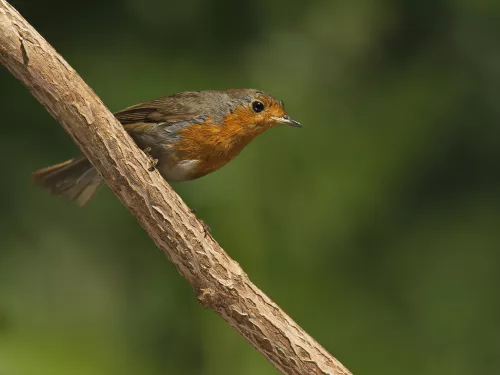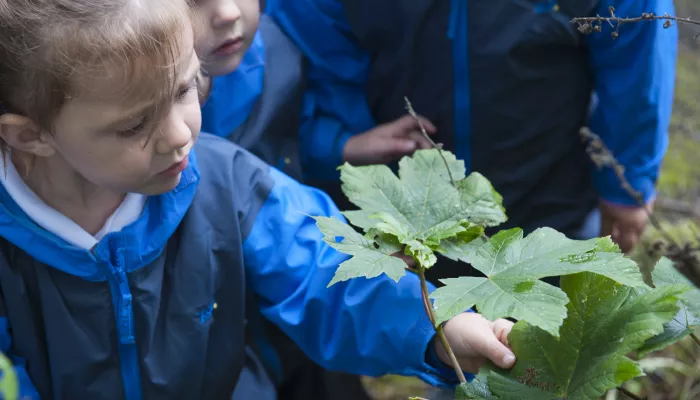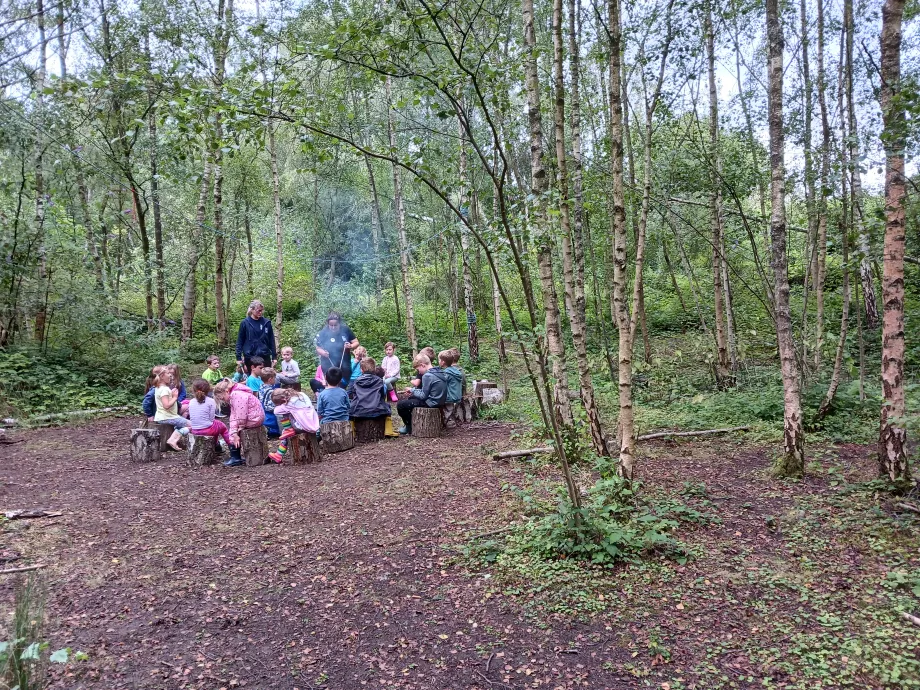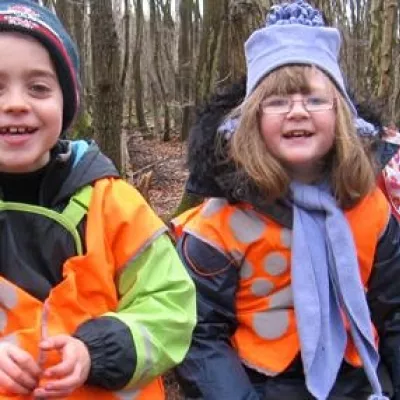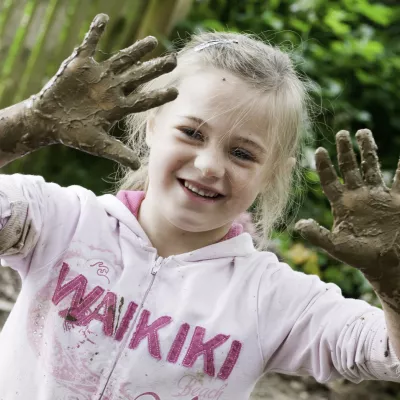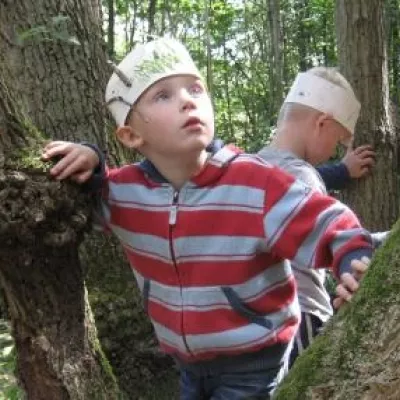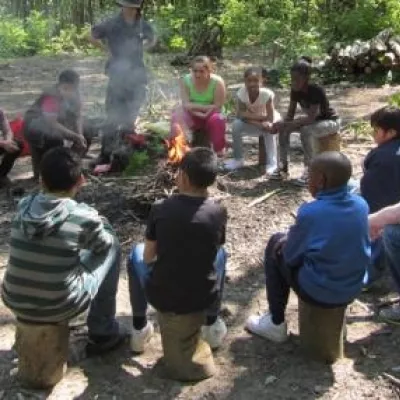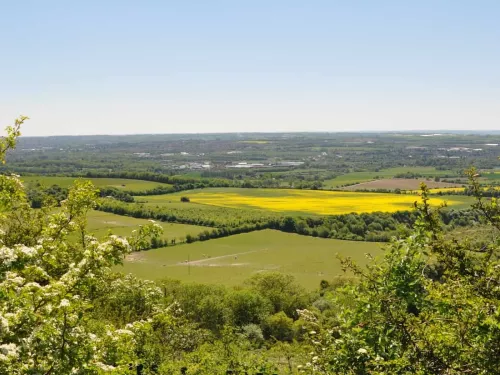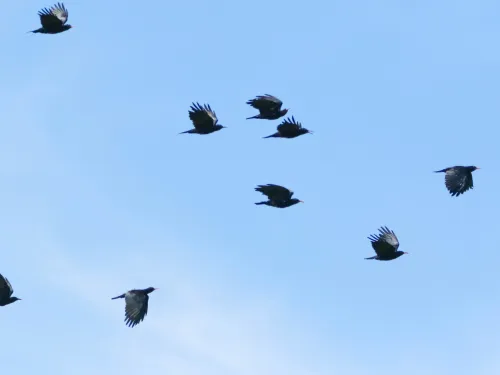Who is Forest School for?
At Kent Wildlife Trust, we believe that Forest School is a valuable and enriching experience for all children, regardless of their age, background or ability. Whether your child is an avid nature-lover or has never spent much time outdoors, we can provide a supportive and engaging learning environment that will help them to develop new skills, make new friends and connect with the natural world in a meaningful way.
We offer Forest School opportunities to a wide range of groups, including schools, SEND schools and home-educated families (as well as our Forest School-inspired Nature Tots). Our sessions are led by experienced Forest School practitioners who are passionate about connecting children with nature, with activities designed to promote child-led learning, regular and repeated access to nature, learning through play and appropriate risk-taking. We truly believe that Forest School is a valuable and enriching experience for all children.
So why not check out our Forest School page and see what opportunities we have for you and your family!
Click here
